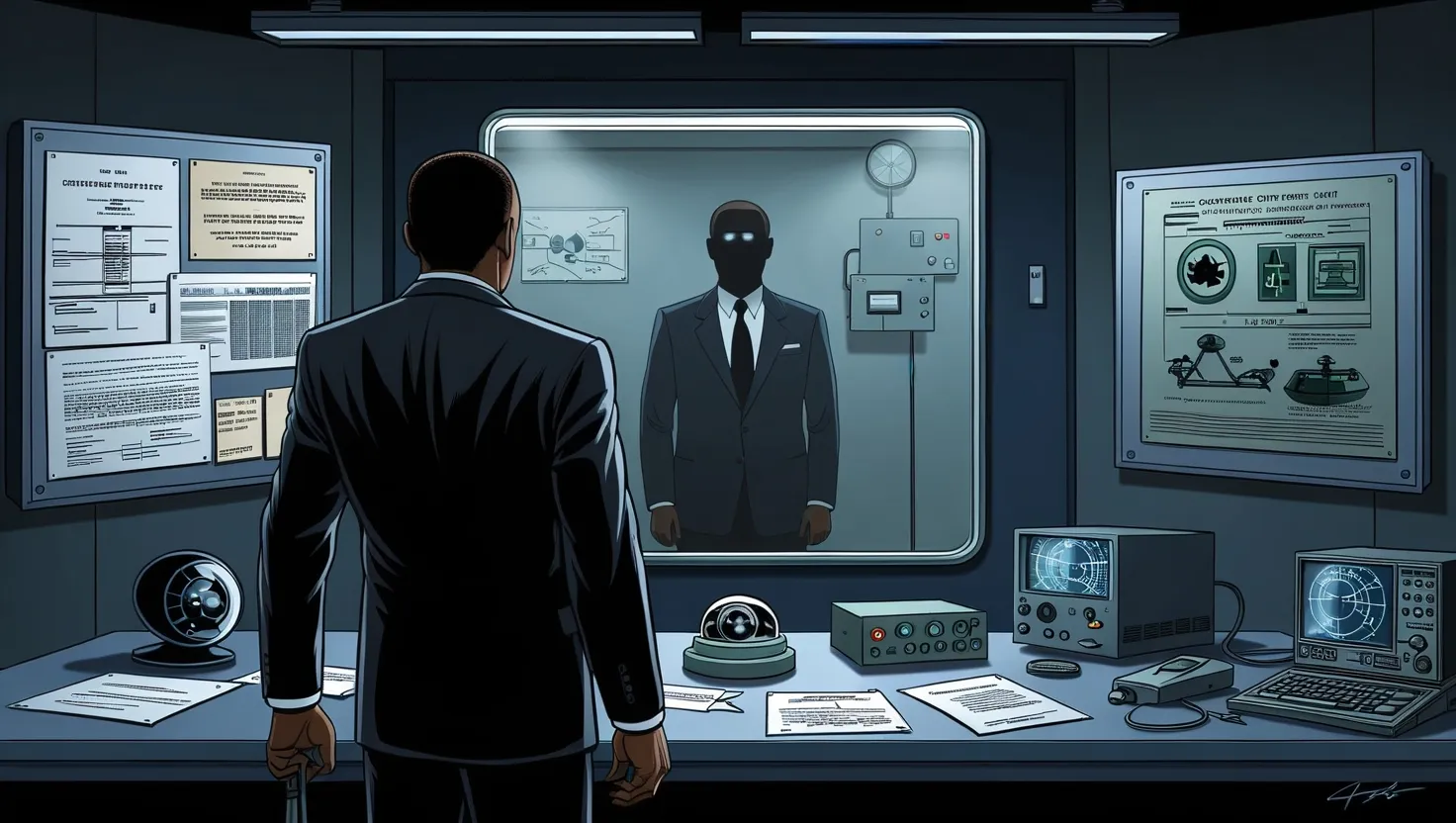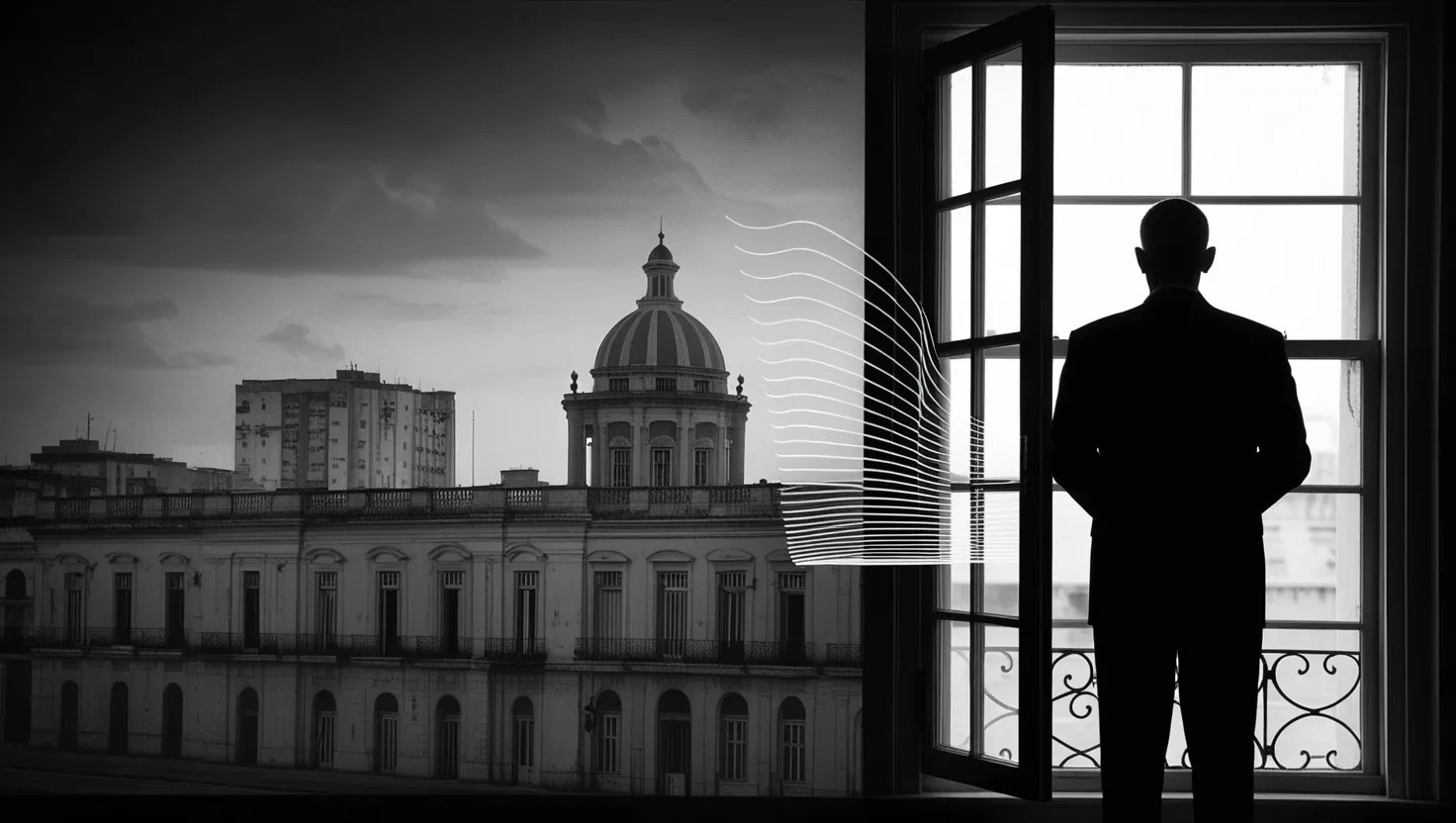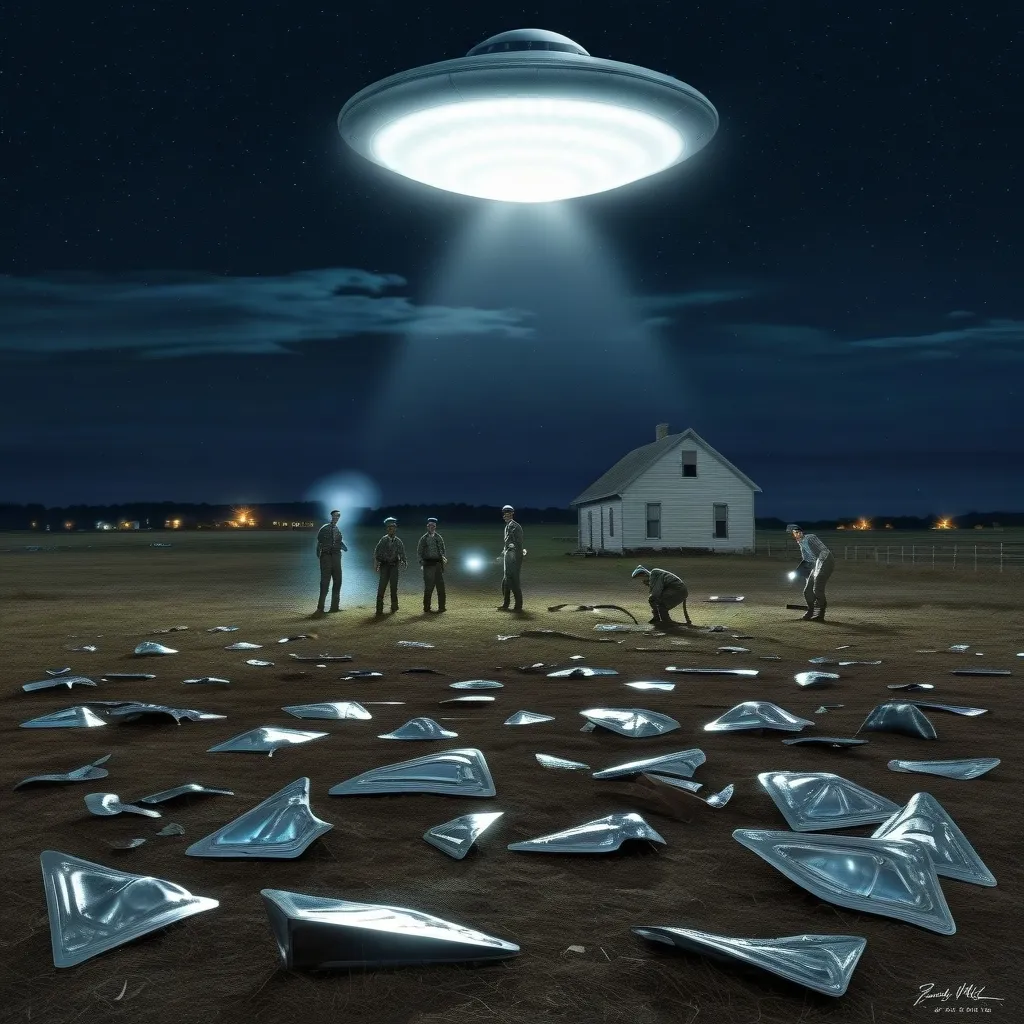The world of covert government operations has long captivated the public imagination, conjuring images of shadowy figures and clandestine activities. While many such operations remain shrouded in secrecy, some have left behind tantalizing traces of evidence that hint at their existence. Let’s explore nine alleged shadow government operations that left clues hiding in plain sight.
We begin with Operation Midnight Climax, a CIA program that pushed ethical boundaries to alarming extremes. In the 1950s and 60s, the agency allegedly ran brothels in San Francisco where unsuspecting clients were dosed with LSD without their knowledge or consent. Researchers observed the drug’s effects through one-way mirrors, all under the guise of studying mind control techniques. While officially denied for years, Freedom of Information Act requests eventually unearthed documents referencing the program.
“In a democracy, the government is us; we are the government, you and I.”
- Theodore Roosevelt
But how much do we really know about what our government does in our name?
Next we have the Montauk Project, said to have taken place at Camp Hero military base on Long Island. Witnesses claim psychological experiments involving time manipulation and mind control were conducted there in the 1980s. While officially dismissed as conspiracy theories, the abandoned base’s extensive underground facilities have fueled speculation for decades.
The Dulce Papers present an even more outlandish scenario - leaked documents describing a joint human-alien underground facility in New Mexico. While likely fictional, the elaborate nature of the claims and persistence of the story point to a deep-seated public fascination with government secrecy.
More grounded in documented evidence is the Rendlesham Forest Incident. In 1980, military personnel at RAF Woodbridge in England reported encounters with strange lights and a triangular craft in nearby woods. Declassified memos show high-ranking officers took the reports seriously, though the true nature of the events remains disputed.
“The very word ‘secrecy’ is repugnant in a free and open society.”
- John F. Kennedy
What happens when that secrecy extends to unethical experimentation on citizens?
Project Sunshine exemplifies the dangers of unchecked government research. In the 1950s, the Atomic Energy Commission covertly collected human remains, particularly children’s bones, to study strontium-90 contamination from nuclear testing. The program operated without public knowledge or consent from families of the deceased.
Sometimes, covert operations hide behind elaborate cover stories. Take the Glomar Explorer, a massive deep-sea mining vessel built by Howard Hughes in the 1970s. Its true purpose? A CIA operation to recover a sunken Soviet submarine. The project’s scale and audacity boggle the mind.
The Tuskegee Airmen Study stands as one of the most infamous breaches of medical ethics in U.S. history. For 40 years, researchers observed the effects of untreated syphilis in African American men, withholding effective treatment even after penicillin became widely available. The study’s exposure led to major reforms in human subjects research.
“The price of freedom is eternal vigilance.”
- Thomas Jefferson
But how can we remain vigilant against threats we don’t even know exist?
Universities were not immune to questionable Cold War-era research. The Harvard Experiment saw the administration of hallucinogenic drugs to unwitting students in the 1960s as part of a CIA mind control program. The revelation shook public trust in academic institutions.
Lastly, we have Rex 84 - Readiness Exercise 1984. This contingency plan for mass detention of American citizens during national emergencies came to light during the Iran-Contra hearings. While officials claimed it was only a hypothetical scenario, its very existence raised troubling questions about government overreach.
These alleged operations, ranging from the plausible to the fantastical, share common threads. They operated with some level of official sanction while concealing their true nature from public oversight. They pushed ethical boundaries, often targeting vulnerable populations. And they left behind just enough evidence to fuel ongoing speculation and erode public trust.
“The liberties of a people never were, nor ever will be, secure, when the transactions of their rulers may be concealed from them.”
- Patrick Henry
So how do we balance the need for national security with transparency and accountability?
The legacy of these programs extends far beyond their original scope. They’ve shaped popular culture, inspired countless books and films, and fundamentally altered how many view their relationship with government institutions.
For some, these stories represent worst-case scenarios of unchecked power. For others, they’re cautionary tales about the importance of oversight and the dangers of excessive secrecy. And for many, they’re simply fascinating glimpses into a hidden world operating just beneath the surface of everyday life.
As we peel back layers of classified information and uncover more about our recent past, it’s natural to wonder what current operations might come to light in future decades. What seemingly mundane government programs or private sector partnerships might have hidden purposes we can’t yet imagine?
“The secret of freedom lies in educating people, whereas the secret of tyranny is in keeping them ignorant.”
- Maximilien Robespierre
In an age of increasing surveillance and data collection, how do we ensure our pursuit of security doesn’t compromise the very freedoms we seek to protect?
These stories also highlight the power of investigative journalism and the importance of laws like the Freedom of Information Act. Many of these operations only came to light through the dogged efforts of reporters, researchers, and concerned citizens demanding answers.
As we move forward, it’s crucial to strike a balance between necessary government secrecy and the public’s right to know. We must remain vigilant, questioning authority when appropriate, while also recognizing the complex realities of national security in an uncertain world.
The existence of shadow government operations, whether confirmed or merely alleged, serves as a reminder of the ongoing tension between power and accountability in democratic societies. They challenge us to stay informed, engage in civic discourse, and hold our institutions to the highest ethical standards.
“The only thing necessary for the triumph of evil is for good men to do nothing.”
- Edmund Burke
What role do we each play in ensuring our government remains of the people, by the people, and for the people?
As we conclude our exploration of these nine alleged shadow government operations, we’re left with more questions than answers. But perhaps that’s the point. In a world of increasing complexity and hidden agendas, asking questions and seeking truth become acts of civic duty.
The next time you encounter a seemingly far-fetched conspiracy theory or an official denial that doesn’t quite add up, remember these stories. Look for the evidence hiding in plain sight. And never stop asking questions. For in the end, an informed and engaged citizenry is the best safeguard against the excesses of power, whether operating in broad daylight or deep in the shadows.






